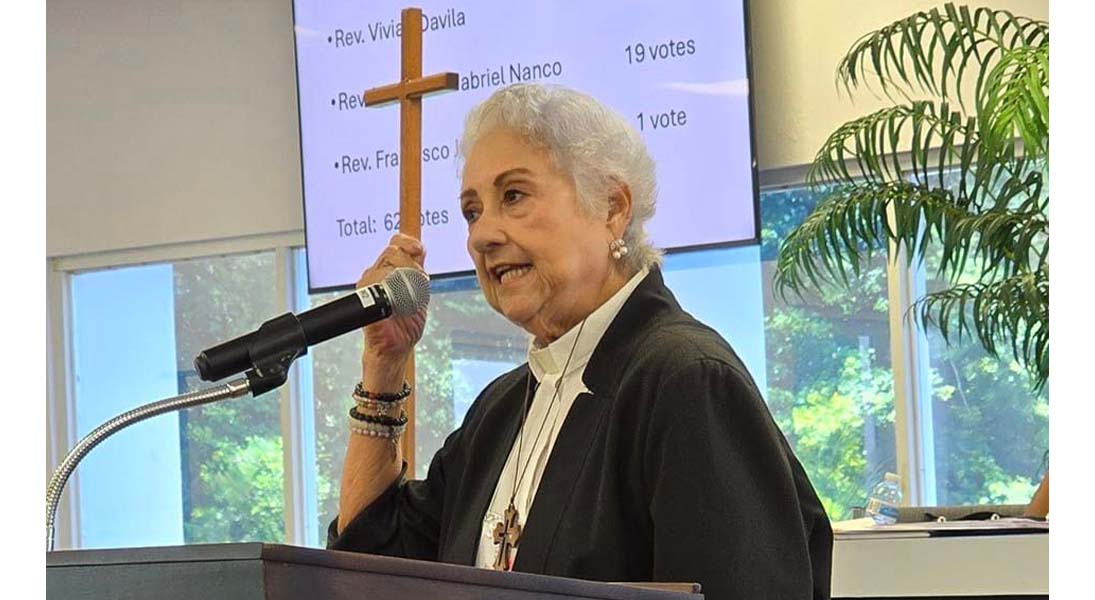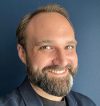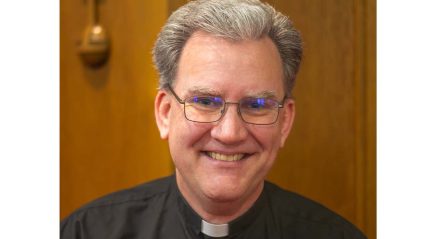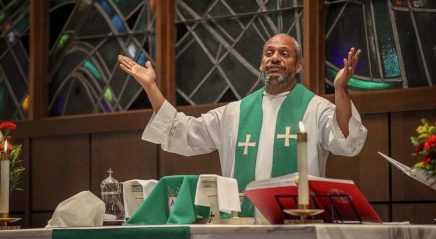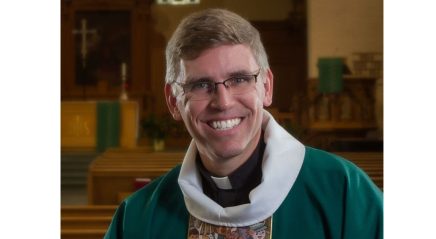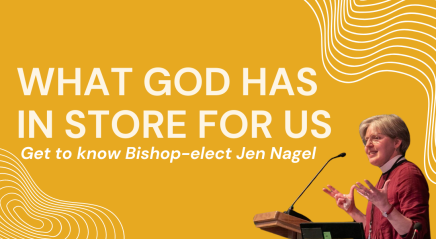When Vivian Dávila was in seminary, a professor told her: “Whenever you get up in that pulpit, whenever you go do some new ministry, and your knees aren’t shaking, stop—you don’t know what you’re doing. Because if your knees aren’t shaking, you don’t know the extent of what you have to do.”
So how does Dávila feel, having been elected in June to serve as bishop of the Caribbean Synod? “My knees are shaking,” she said.
It was not a position Dávila expected to be in at this stage of her vocation. She has served as pastor of Iglesia Evangélica Luterana Sion in Bayamón, Puerto Rico, for 19 years. “I had told my congregation in early summer that I was planning on retiring in September, so we were moving toward that,” she said.
Being considered for bishop “never entered my mind,” she said. “I had an idea of what was required and what our needs were. But I never thought that that would be my task.”
When her name was entered on the ballot for bishop, she prayerfully considered it. “And then I thought, ‘Well, let God be God,’” she said. After that, Dávila started thinking that her history of pastoral ministry, centered in revitalizing congregations, had prepared her well for the role.
“The pandemic kind of taught us to keep to ourselves. We need to break that mold and we need to revitalize.”
When Dávila began her first call at Iglesia Evangélica Luterana Ascención in Dorado, Puerto Rico, the congregation was dying, she said. The first time she preached, 22 people attended the worship service. Over the course of her time there, “we developed that congregation, and we developed a youth ministry—it was a process,” she said. When she left, Sunday attendance was closer to 120.
Dávila’s next call was to Sion, where she herself grew up. “It was the same story” as her pervious call, she said, adding, “The congregation was going downhill, there was low attendance. And in 19 years, we developed a social ministry that we didn’t have. We redeveloped.”
She believes a redevelopment model is needed across the synod. “We have an urgent need to revitalize our congregations,” she said. “The pandemic hit us really hard, and a lot of the congregations went down in attendance. I think we have to start there, and with reaching out to the communities. Because the pandemic kind of taught us to keep to ourselves. We need to break that mold and we need to revitalize.”
If revitalization is Step 1 for the Caribbean Synod, “Step 1A is giving new energy to pastors,” Dávila said. “We have a shortage of pastors and a lot of vacant congregations. We have seminarians, but it’s going to take a while before they’re ready. So we just need new energy and vision.”
The scope of such revitalization efforts could make one’s knees shake. But the resolve to try new things can come from trusting in God and getting to work, Dávila said. “We need to encourage people to have confidence and encourage them to do things that [have never been] tried before,” she added. “It’s hard, but it’s God’s work. All we need to do is just listen and be brave.”
Dávila will be installed Nov. 9.



